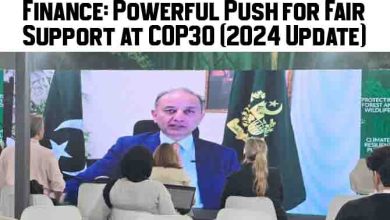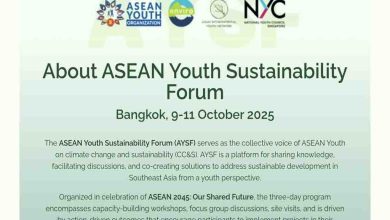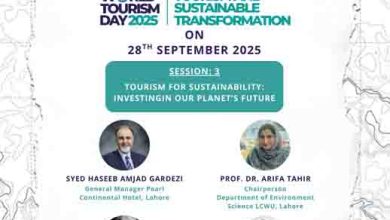Pakistan Requires Urgent Financial Assistance to Tackle Climate Change Challenges in 2025
Pakistan requires special financial assistance to cope with climate change, Prime Minister Muhammad Shehbaz Sharif stressed during a high-profile meeting in Islamabad. Speaking to Luc Triangle, Secretary General of the International Trade Union Confederation (ITUC), PM Sharif emphasized that climate change is no longer a future threat—it is a present-day crisis, especially for vulnerable nations like Pakistan.
Pakistan’s Climate Crisis: A Global Wake-Up Call
Pakistan ranks among the top 10 most climate-vulnerable countries despite contributing less than 1% to global greenhouse gas emissions. The devastating 2022 floods resulted in over $30 billion in damages, displacing millions and crippling agricultural and economic sectors.
These extreme weather events serve as a dire warning to the international community, urging them to recognize the severe impact climate change has on low-income countries with fragile infrastructures.
PM Shehbaz Sharif’s Call for Financial Support
During the meeting at the Prime Minister’s House, PM Shehbaz Sharif stated that Pakistan requires special financial assistance from international financial institutions like the World Bank, IMF, and UNDP to combat the climate crisis effectively.
He emphasized that financial aid must focus on:
-
Rebuilding resilient infrastructure
-
Supporting displaced populations
-
Promoting sustainable agriculture
-
Funding climate mitigation and adaptation programs
This financial assistance should not come in the form of loans but grants and debt relief, ensuring that struggling economies do not fall into deeper fiscal pits.
The Human Cost of Climate Change in Pakistan
The Prime Minister highlighted that workers and laborers in Pakistan have been among the hardest hit by climate disasters. Agriculture, a key employment sector, has been ravaged, leading to widespread job losses.
“Workers have faced significant employment difficulties due to climate-related events,” PM Shehbaz noted.
The livelihoods of farmers, daily wage laborers, and low-income families remain at constant risk due to recurring natural disasters such as:
-
Unseasonal rains
-
Droughts
-
Flash floods
-
Heatwaves
International Labour Collaboration and Worker Protection
PM Sharif lauded the International Trade Union Confederation for championing labor rights globally. He also reaffirmed Pakistan’s commitment to worker protection in collaboration with the International Labour Organization (ILO).
Pakistan is:
-
Expanding the scope of the Employees’ Old-Age Benefit Institution (EOBI)
-
Enhancing Worker Welfare Fund (WWF) programs
-
Ensuring better social protection for workers in climate-affected sectors
Vocational Training: Equipping the Youth
To build resilience, Pakistan is focusing on upskilling its youth population. The National Vocational & Technical Training Commission (NAVTTC) and provincial vocational training institutes are:
-
Launching industry-relevant courses
-
Training youth in sustainable practices
-
Encouraging entrepreneurship
These steps are crucial in creating alternative livelihoods and reducing dependence on climate-sensitive sectors like agriculture.
Global Acknowledgment of Pakistan’s Efforts
ITUC Secretary General Luc Triangle and Regional Secretary General Shoya Yoshida praised Pakistan’s democratic progress and initiatives to protect worker rights amidst crises. International appreciation continues to grow for Pakistan’s:
-
Climate mitigation policies
-
Social welfare reforms
-
Inclusive labor strategies
Their presence at the PM House signifies increasing international collaboration—a cornerstone in Pakistan’s strategy to combat climate-related threats.
Internal and External Support Systems
External Links :
Internal Links :
Conclusion: The Need for Global Climate Justice
In conclusion, Pakistan requires special financial assistance to cope with climate change not as a charity, but as a global climate justice necessity. The country is bearing the brunt of a crisis it did little to cause.
Prime Minister Shehbaz Sharif’s strong message to the world:
“We are doing our part—but we need global solidarity and fair support mechanisms to survive.”
As climate disasters become more frequent and intense, nations like Pakistan must not be left behind. International financial institutions, donor countries, and global stakeholders must act now—not later—to support climate-vulnerable countries in building a sustainable, resilient future.







